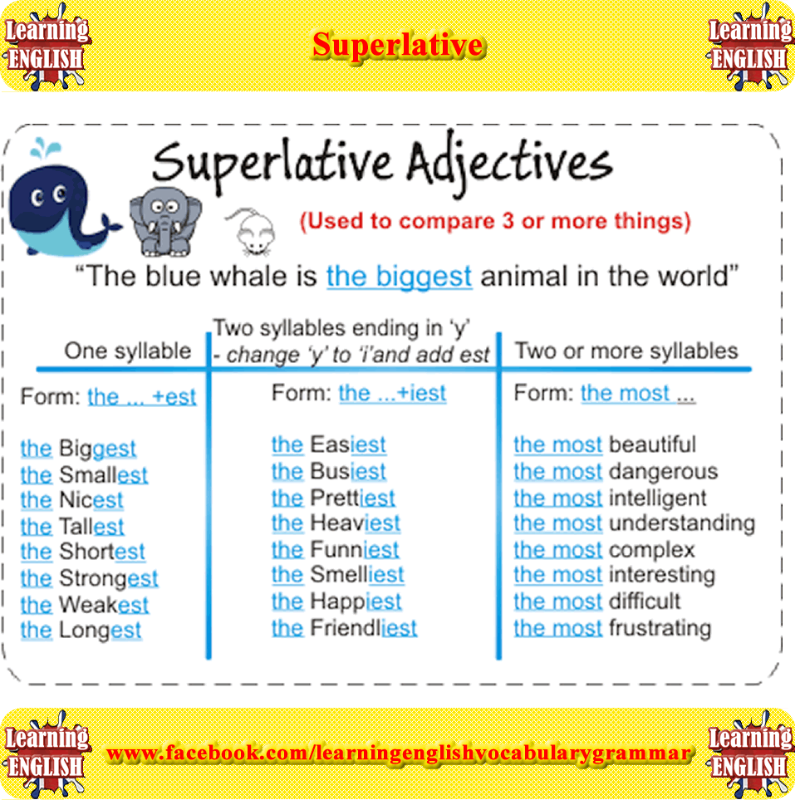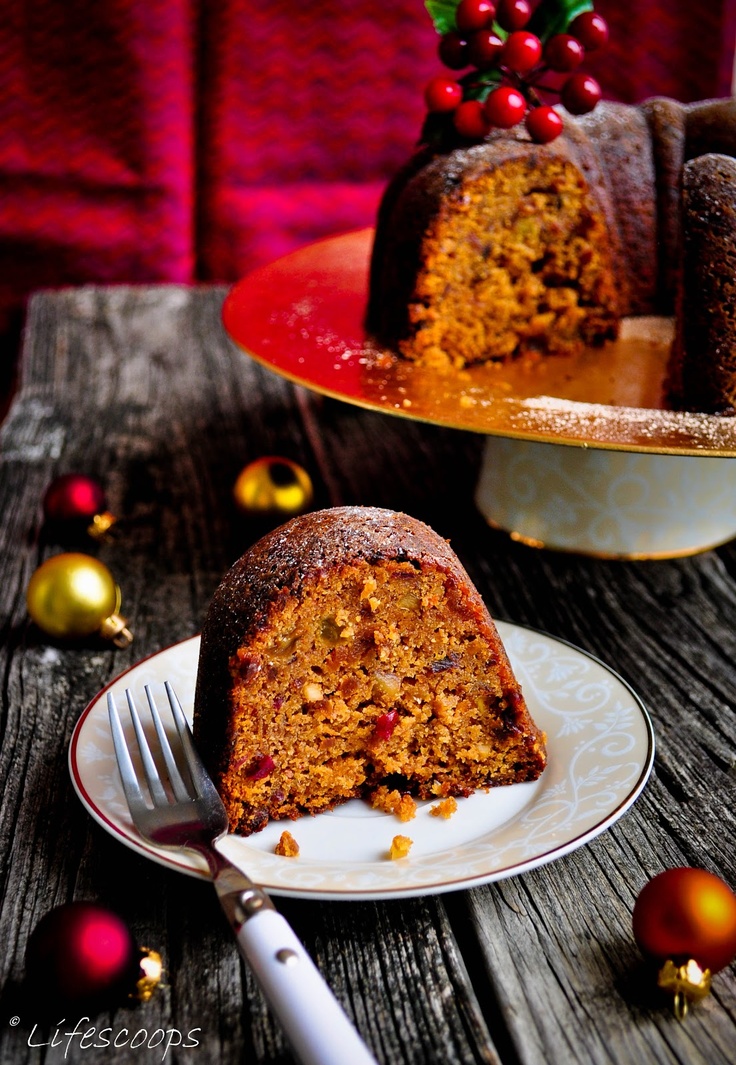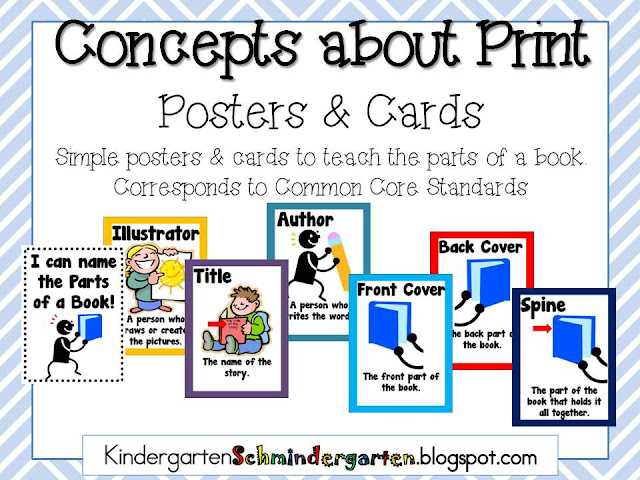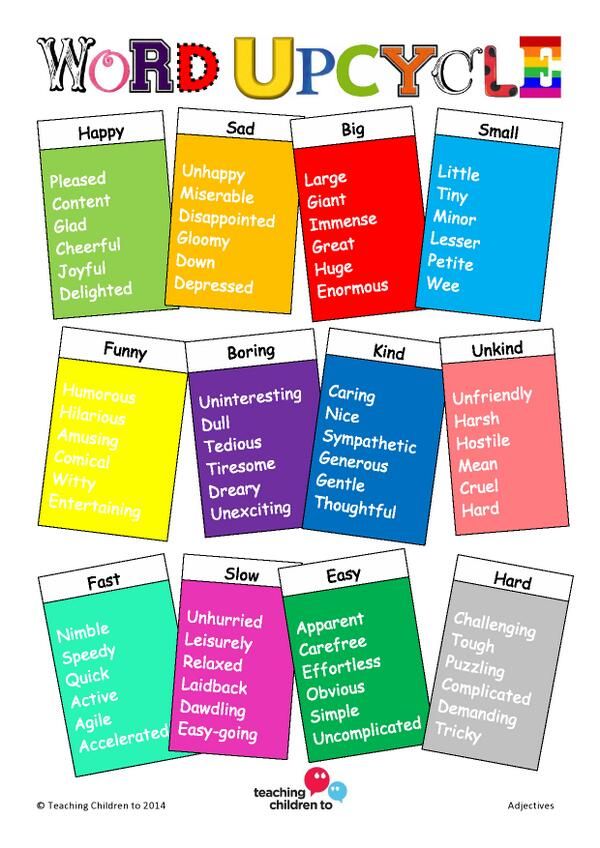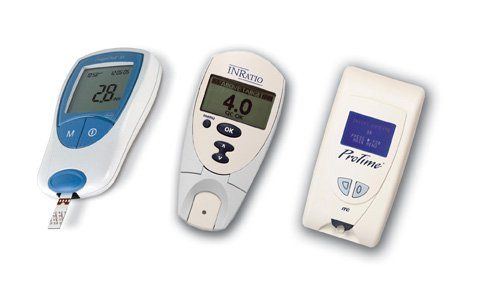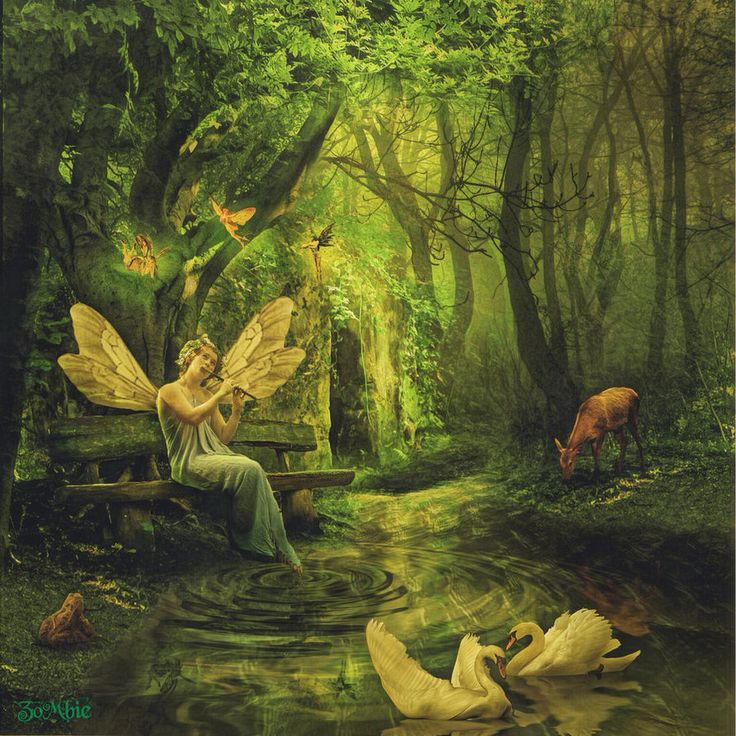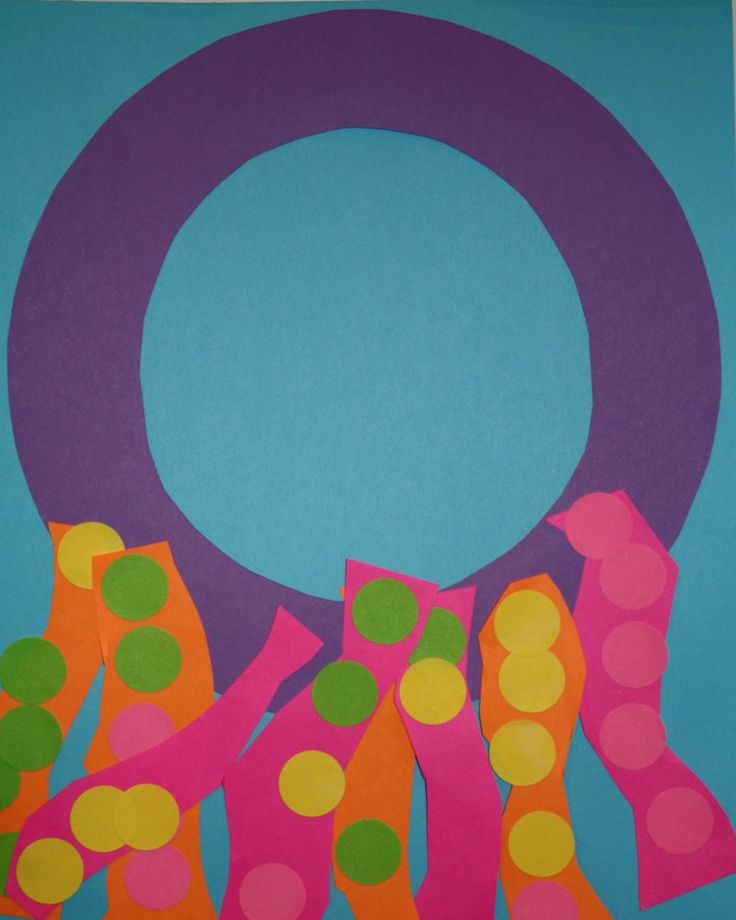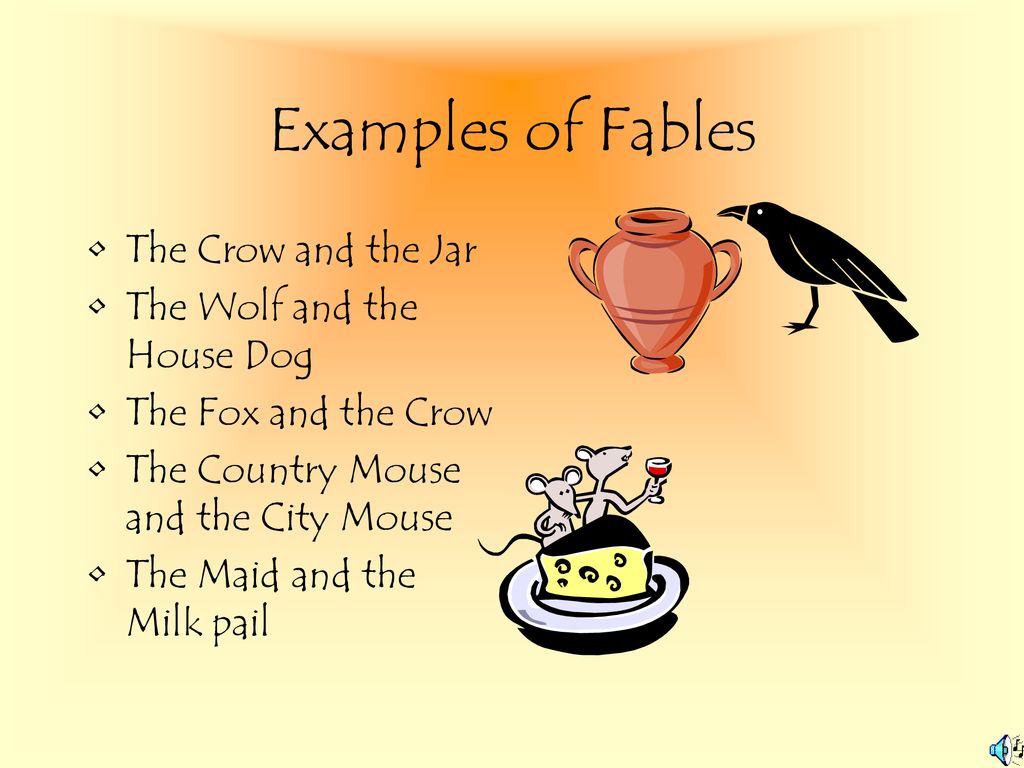Word start with s for kindergarten
Words That Start With S For Kids
Your students can hear and say the letter S long before they can read it. The ear naturally links the S sound to everything from the hiss of a snake to gas escaping from a sealed container. Use our list of S words for kids and letter S activities to help connect that sound with the letter S in your students' reading.
s words for kids example of sun
Advertisement
Preschool Words That Start With S
S is found in many short words that preschoolers can grasp easily. Help them understand the connection between the sound they hear, the shape of the letter and the letter's connection to the word with these S words for kids.
- Sad: An unhappy feeling
- Saw: A sharp-toothed tool for cutting wood or metal
- Say: To speak, to use your voice to express a word
- See: To perceive with your eyes
- Set: To place an item on a table or surface
- She: A female child or adult
- Sip: To take a small drink
- Sit: To rest on your bottom
- Sun: The closest star to Earth, what makes light in the daytime
Trace the Letter S Printable
Making that sound-symbol connection is the foundation of all future linguistic development. Download and print an easy trace-the-letter activity with that in mind.
View & Download PDF
Kindergarten Words That Start With S
There are lots of things that start with S for kids to read about. Check out these longer S words, some of which can be found on the Dolch sight words list. You can also focus on consonant blends such as "sl" and "sh" with these S words.
- Same: Identical to, just like
- Sea: Ocean, large salty body of water
- Seat: Place to sit
- Sand: Small loose bits of rock, common in deserts and beaches
- Seven: Number that comes between six and eight
- Show: To display or demonstrate
- Sing: To make musical sounds with your voice.
- Six: Number that comes between five and seven.
- Slip: To fall on something slick or smooth
- Small: Little or tiny
- Soap: Something that mixes with water to make bubbles and is used for cleaning
- Sound: Something heard, a stimulus perceived with the ears
- Sow: A female pig
- Stop: To quit moving or performing an action
S Word Matching Printable
How well do your kindergartners know their words that begin with S? Match text and images with a fun worksheet focused on six important S words.
View & Download PDF
Advertisement
Early Elementary Words That Start With S
Reinforce early reading in elementary school with helpful S words for kids, either by presenting clear, concrete concepts or by being of very common usage.
- Sack: A bag used for holding things
- Sailboat: A boat pushed by wind power
- Sale: When something is successfully sold to someone
- Second: Number two in line or in a row
- Sell: To offer in exchange for money
- Shall: Will or should
- Silver: a shiny gray metal
- Sleep: To rest and become unconscious
- Slim: Thin, skinny, usually of a person
- Slip: To lose traction on, to slide across
- Slope: Angled surface, especially of a hill or mountain
- Soak: To get completely wet
- Son: Male child
- Song: A musical piece, usually including a vocal part
- Soon: Happening shortly, in a short time
- Speak: To say out loud
- Span: How far something extends
- Spark: Small bright bit of light
- Spike: Sharp, pointy object
- Spin: To move in circles
- Spine: The center bone of the back
- Spoil: To ruin, to make bad
- Spoon: Long-handled utensil for eating liquids
- Spout: Something to help pour liquids out of bowls or pots
- Spray: A jet or spurt of water or other liquid
- Spy: Someone who finds out secrets, usually for their country
- Sunrise: When the sun comes up in the morning
- Sunset: When the sun goes down at night
Find the S Words
All of these words are well suited for letter S activities.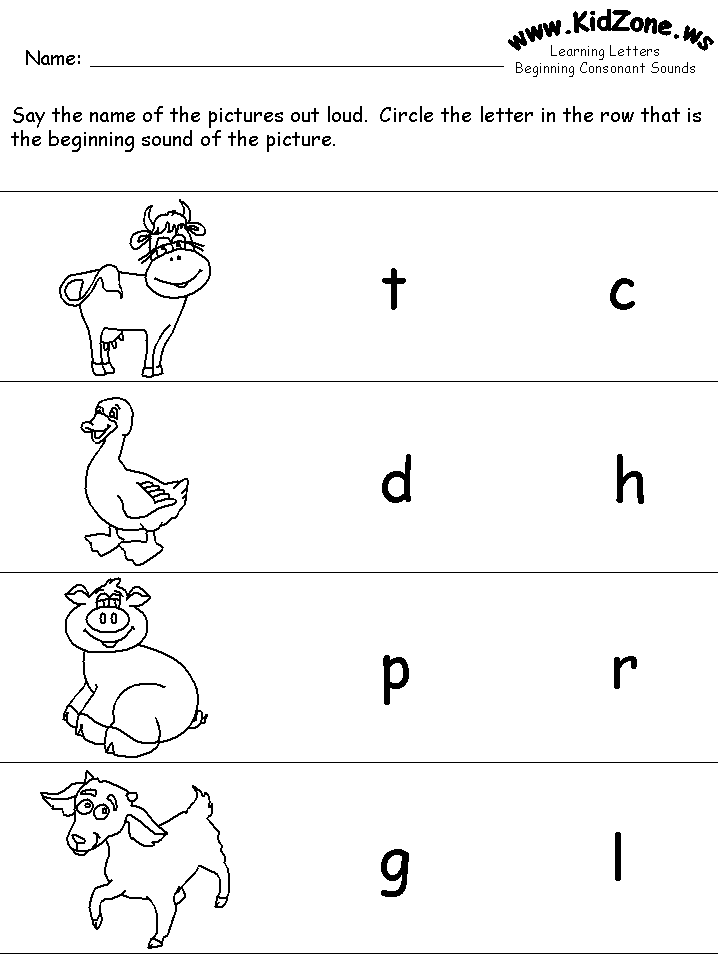 Simply passing around a newspaper, magazine or other document and having your students underline the S words is a wonderful activity for actualizing their reading. If you have an advanced enough class, you can even encourage your students to look over the document, pick out an S word they know, and define it.
Simply passing around a newspaper, magazine or other document and having your students underline the S words is a wonderful activity for actualizing their reading. If you have an advanced enough class, you can even encourage your students to look over the document, pick out an S word they know, and define it.
Advertisement
Simply Splendid S-Word Art
We've selected picturesque words for your first and second graders. Give them art supplies and encourage them to draw a sunrise, a sunset, a boat sailing across the open sea or even tea sloshing out of a cup. That visual cue will provide a permanent anchor for the vocabulary word in their minds.
Upper Elementary Words That Start With S
As of fourth and fifth grade, students should be ready to engage with context and wider meanings of words. At this stage of development, vocabulary moves from being a memorization exercise to a starting point for active, curious literacy.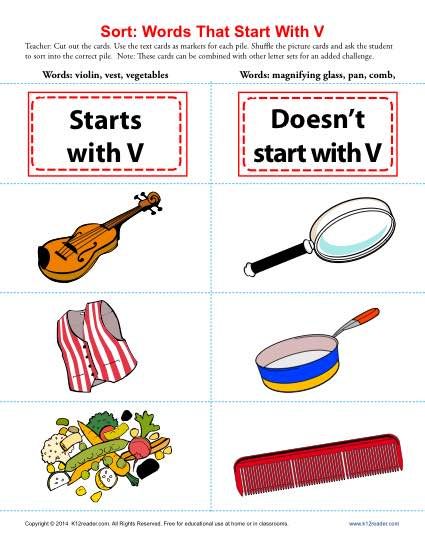 Keep reading for a stupendous selection of words that start with S for kids.
Keep reading for a stupendous selection of words that start with S for kids.
Advertisement
Strengthen Sentences With S Words
We chose these words in part as writing prompts. Offer your kids the opportunity to write about "The Sage and Her Spade," or the sorts of scrapes a Spider Spy might get into. Linking that kind of imaginative work to the often less-than-exciting exercise of memorizing vocabulary can help get kids excited about reading.
Superlative S-Word Charades
Make the connection between S words and their meanings with a rousing game of charades. First, split your class into teams. Using a list of verbs that start with S, have volunteers take turns acting out S words for their teams to guess.
S Stands for Success
S is a common letter with uncommon power. By starting your students off with simple lists to memorize, then steadily involving them in more and more creative work, your class will not only gain a fine understanding of the letter S and its associated vocabulary but also experience the joy and significance of language as a whole.
Still searching for strong S words? WordFinder's list of words that begin with the letter S is a stellar start. It allows you to find words by length, beginning letters and ending letters with its advanced search tool. Super! For more enriching vocabulary and etymology, take a look at our words that start with T.
Staff Writer
List of Words That Start With Letter 'S' For Children To Learn
- List Of ‘S’ Words For Kids
- Words That Start With S For Kindergarten Or Preschool Kids
- ‘S’ Words For Lower Elementary Kids
- Positive Words That Start With Letter S For Children
- Cool Words That Start With The Letter S For Kids
- More Words That Start With The Letter S
Words beginning with the letter S are important for kindergarten and lower elementary children.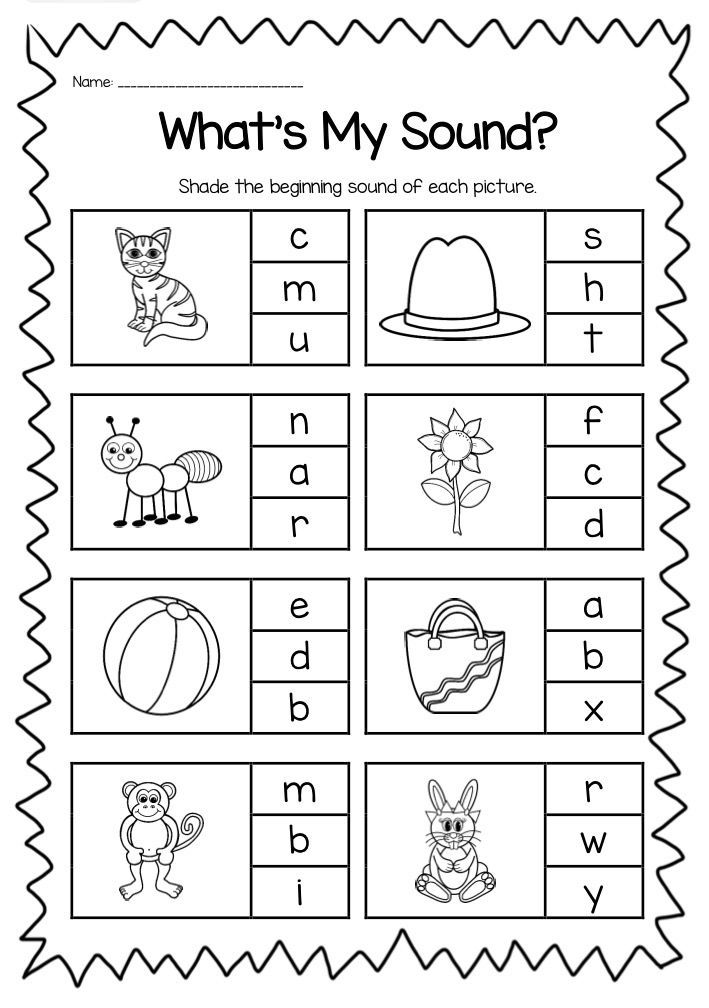 The kids pronounce English words with Sright from the time they learn to speak. The sound of S or “sss” must be known to correctly speak the word. Expand your child’s vocabulary with words starting with S to help them in their academics and communication skills. Kids normally connect the ‘S’ sound to words like Sun, Star, Slide, Sweets and more, or action words like sit, sleep, and speak. Vocalising the words starting with an S like ‘see’ or ‘so’ for preschoolers will point them to the meaning intended. Learn more about the words that start with S in this article.
The kids pronounce English words with Sright from the time they learn to speak. The sound of S or “sss” must be known to correctly speak the word. Expand your child’s vocabulary with words starting with S to help them in their academics and communication skills. Kids normally connect the ‘S’ sound to words like Sun, Star, Slide, Sweets and more, or action words like sit, sleep, and speak. Vocalising the words starting with an S like ‘see’ or ‘so’ for preschoolers will point them to the meaning intended. Learn more about the words that start with S in this article.
List Of ‘S’ Words For Kids
Easy words that start with S and very common words can be understood and grasped by kids of all ages. If you need a reference list of simple words beginning with S to play word games like scrabble or to teach toddlers or preschoolers their first few words, here is a short list of the most commonly used words.
| Sugar | She | Stop |
| Sure | Sit | Stand |
| Short | Sick | Sad |
| Salt | Sea | Saw |
| Sail | See | Said |
| Smile | So | say |
| Sale | Sell | Sand |
Words That Start With S For Kindergarten Or Preschool Kids
Whether it is an adjective or a position word, many short words start with S, which will help kindergarten kids grasp the language.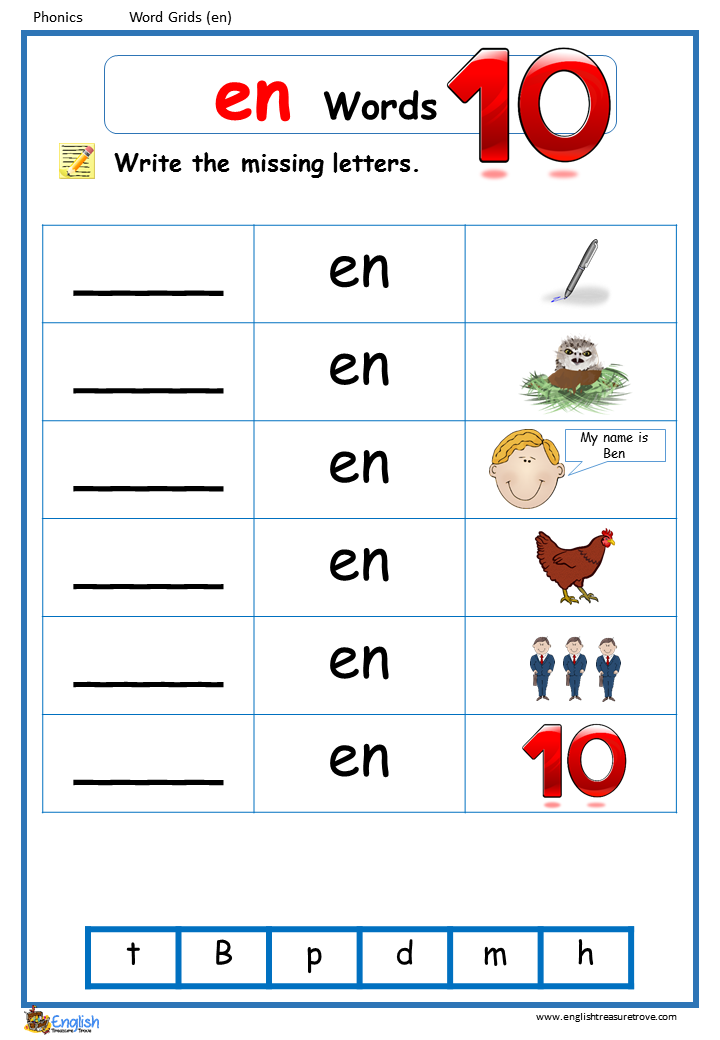 Simple two and three letter S words are also a way to introduce kindergarten kids to the language. Picturesque words from stories are another way to imbibe the S letter words to smaller kids. Given below is a list of two and three-letter words that start with S for your kid’s reference.
Simple two and three letter S words are also a way to introduce kindergarten kids to the language. Picturesque words from stories are another way to imbibe the S letter words to smaller kids. Given below is a list of two and three-letter words that start with S for your kid’s reference.
2 Letter Words That Start With S
3 Letter Words That Start With S
Simple 3-letter words are the next step to expanding kids’ vocabulary of words beginning with S.
| See | Say |
| Sit | Sun |
| She | Six |
‘S’ Words For Lower Elementary Kids
Longer letter words are additional ways to introduce the S letter words to lower elementary kids. One can find words starting with S in things around us. Check out the words listed below, starting from 4 letters to ten letters, and use them in your daily speech.
4 Letter Words That Start With S
To improve your child’s vocabulary and spelling ability, introduce some four-letter words. Whatever is depicted in the 4 letter words, it is vital to spell out each word stressing the vowels and consonants present. Some common four-letter words to consider are as follows.
Whatever is depicted in the 4 letter words, it is vital to spell out each word stressing the vowels and consonants present. Some common four-letter words to consider are as follows.
| Soon | Such |
| Sick | Sour |
5 Letter Words That Start With S
To teach kids some bigger words, check out some common words that they may use on a daily basis or objects that can be found around them:
| Sugar | Sound |
| Super | Score |
| Sixty | Stone |
| Shell | Sport |
| Shift | Sorry |
6 Letter Words That Start With S
Kids can learn bigger words through games and puzzles. Some six-letter words with S to teach your kids are:
| School | Surely |
| Summer | Symbol |
| Select | Second |
| Search | Single |
| Sister | Season |
7 Letter Words That Start With S
Teaching 7 letter words to smaller kids can be challenging.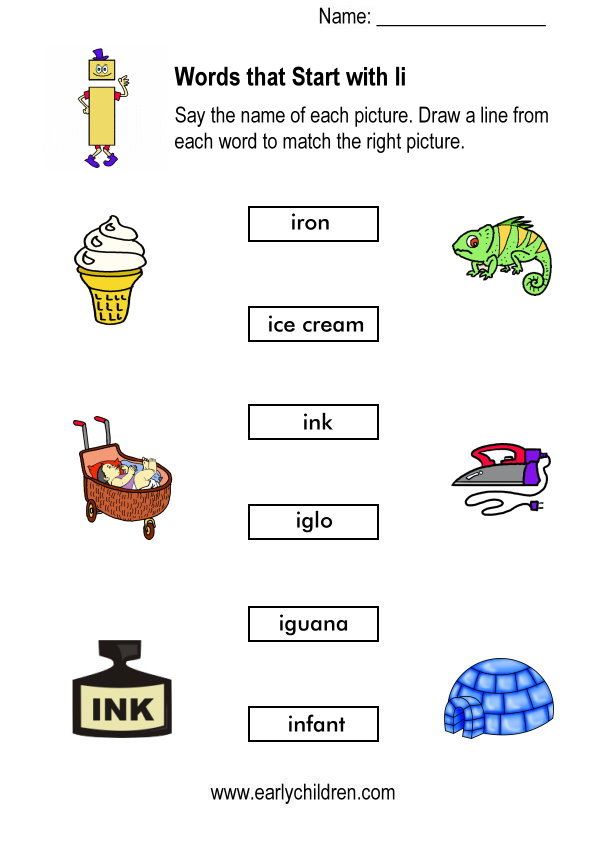 Choosing these words must be done carefully at the level of the kid’s understanding. A few 7-letter words that start with S are given below.
Choosing these words must be done carefully at the level of the kid’s understanding. A few 7-letter words that start with S are given below.
| Subject | Several |
| Special | Student |
8 Letter Words That Start With S
Find a collection of easy 8-letter words starting with S below to help your kid.
| Sailboat | Separate |
| Somebody | Straight |
| Specific | Sentence |
9 Letter Words That Start With S
Some examples of 9-letter words with S are as follows.
| Something | Sometimes |
| Situation | Selective |
10 Letter Words That Start With S
Elementary school kids can be taught to read ten-letter words by splitting them into smaller words. When the meaning of the word is explained to the child, it helps in remembering it.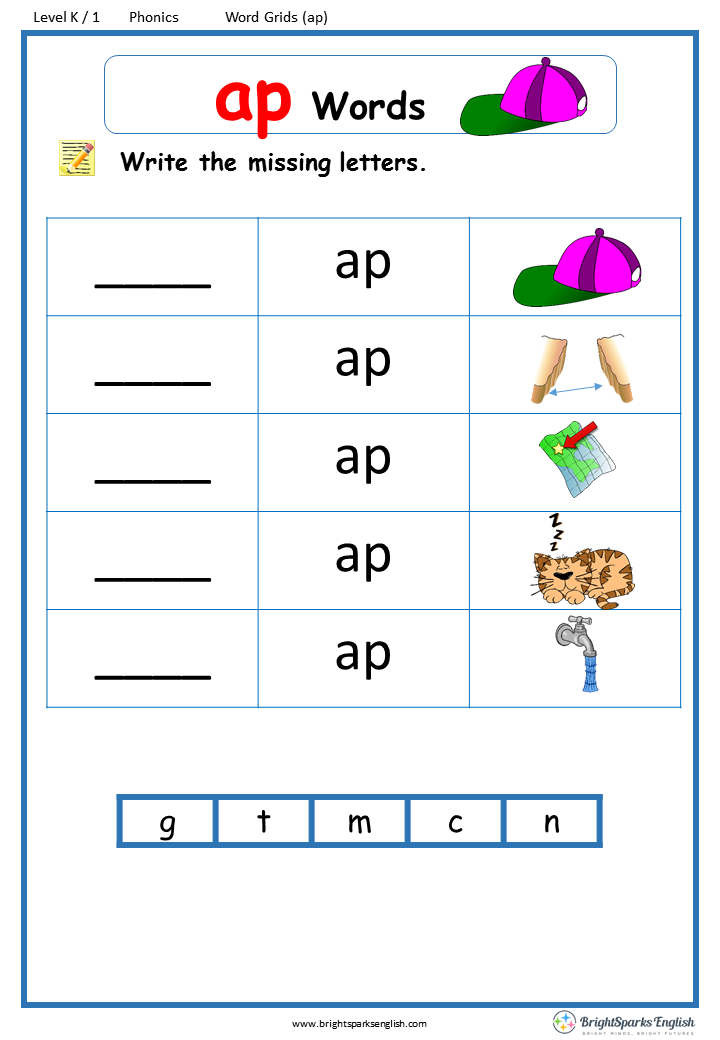 Some ten-letter words to remember quickly are listed below.
Some ten-letter words to remember quickly are listed below.
| Successful | Simplicity |
| Strawberry | Schoolgirl |
Positive Words That Start With Letter S For Children
Words that bring out positivity about everything around us and make us experience a good feeling are positive words. Reading and listening to good words tends to uplift our spirits. Some positive words are listed below.
| Special | Smiling | Sunny |
| Sweet | Smart | Social |
| Safe | Simple | Sure |
| Satisfying | Successful | Shining |
| Sincere | Sober | Soothing |
| Soft | Skilled | Significant |
| Superior | Sparkling | Striking |
| Saintly | Stable | Serene |
| Spectacular | Spellbinding | Selfless |
| Scenic | Superb | Secure |
Cool Words That Start With The Letter S For Kids
Additional words to expand a child’s vocabulary include a list of cool words.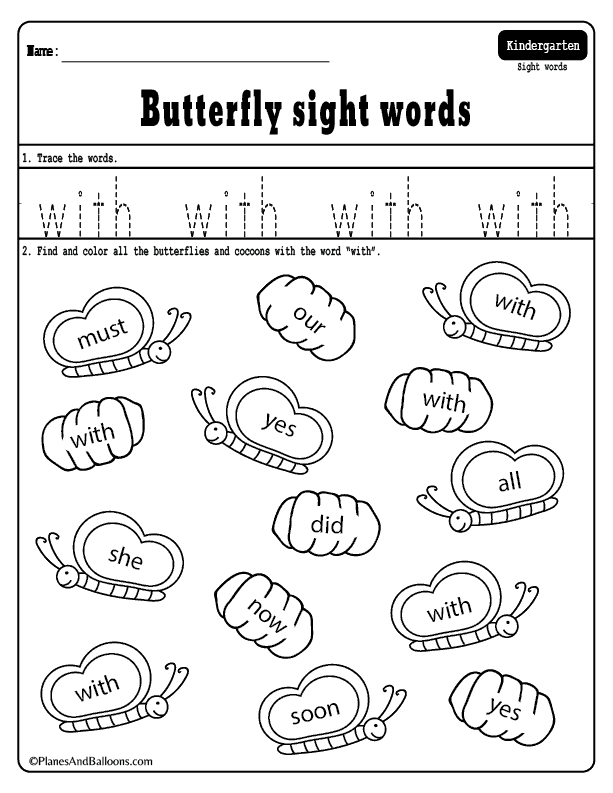 These can be highlighted to bring out an advanced meaning. A list of cool words in English starting with S is given below.
These can be highlighted to bring out an advanced meaning. A list of cool words in English starting with S is given below.
| Swift | Sailboat | Sparkler |
| Spout | Sandcastle | Spectacles |
| Stupendous | Satellite | Synchronised |
| Salvage | Sojourn | Sponge |
| Sapphire | Scintillating | Squash |
| Supercilious | Scallop | Shenanigans |
| Seldom | Shovel | Submarine |
| Suburb | Skyscraper | Sinister |
| Sassy | Soccer | Sword |
More Words That Start With The Letter S
Whether it is names of people, places, animals or things, nouns that start with S should be known to kids. As kids start to understand grammatical concepts, you can also teach them other parts of speech like verbs, adjectives and prepositions. Try playing Scrabble, Spellex and other such word games to encourage kids to learn more words and thus improve their spelling skills.
Try playing Scrabble, Spellex and other such word games to encourage kids to learn more words and thus improve their spelling skills.
Names Of Things That Start With S
These are names of things that begin with the letter S present in our surroundings. They are popular and ought to be known by kids.
| Shampoo | Silk |
| Sun | Stamp |
| Sky | Spoon |
Animal Names That Start With S
Kids love learning about animals and want to know about them. Pictures of animals with names beginning with an S, when shown to kids, help them know and understand better. Find a list of animal names starting with S below.
| Spider | Snake |
| Shark | Sheep |
Countries That Start With S
General knowledge includes knowing the names of countries. Country names are a good way of beginning to learn. Some names are listed below.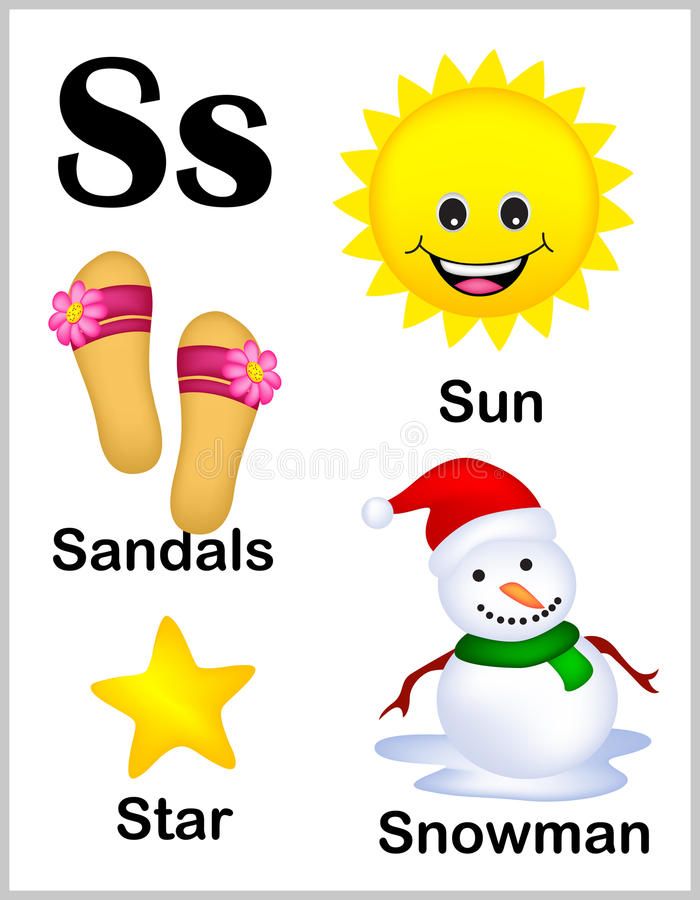
| Spain | Sri Lanka |
| Serbia | Syria |
| South Africa | Slovakia |
| South Korea | Sweden |
| Senegal | Slovenia |
Verbs That Start With S
Action words, better known as verbs, are one of the basic grammar essentials taught in school. From elementary school, kids should be introduced to the many verbs to make sentences. Some verbs beginning with an S include the following.
| Start | Show |
| Sway | Stay |
Adjectives That Start With S
Describing words or adjectives is another concept introduced to kids in elementary school. Many adjectives starting with S can be taught to kids.
| Smart | Straight |
| Sleek | Smooth |
Activities That Will Help Your Child To Learn Letter ‘S’ Words
Some activities to learn and understand the letter S are listed as follows.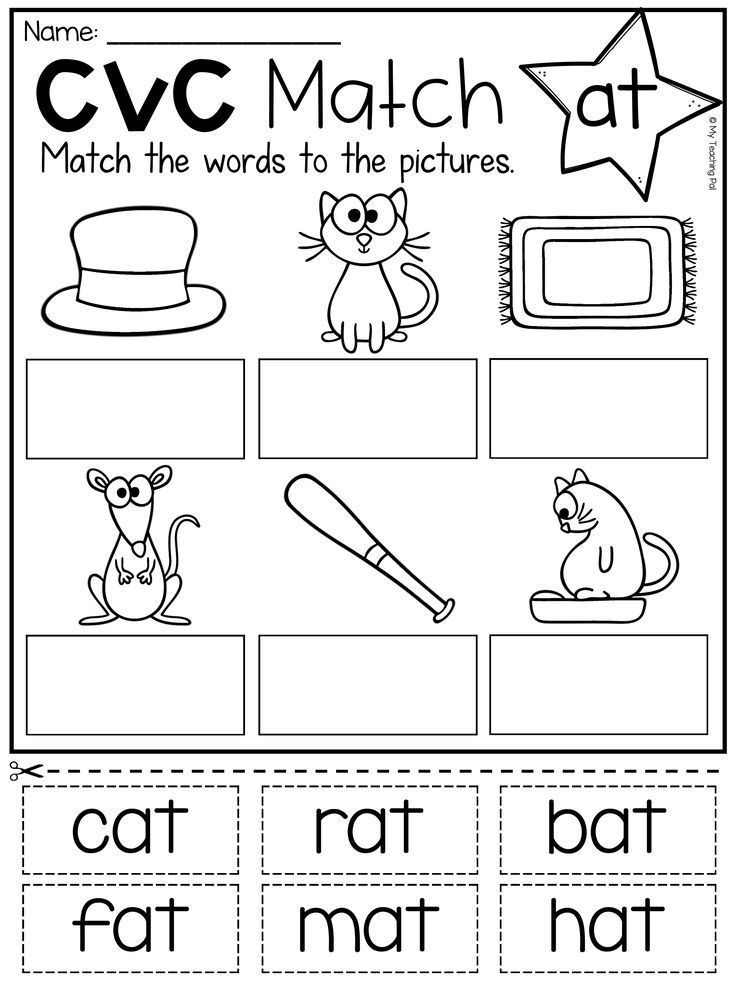 Kids are always activity-oriented and so teaching them a few activities to teach the alphabet is a fun way of doing so. Practical activities help kids understand the concept in a much better way than any other form of teaching. Activities like colouring, craft, origami, gardening, etc., are some forms of activities that will instigate kids to learn about different concepts that one wants them to learn.
Kids are always activity-oriented and so teaching them a few activities to teach the alphabet is a fun way of doing so. Practical activities help kids understand the concept in a much better way than any other form of teaching. Activities like colouring, craft, origami, gardening, etc., are some forms of activities that will instigate kids to learn about different concepts that one wants them to learn.
1. Drawing A Star
Most kids will know the twinkling star concept and drawing a star to learn the alphabet S is an excellent activity to help them understand. Hand out a sheet of paper, tell the kids to draw a star, and later ask them to colour.
2. Hunting For The Letter S Words
Flashcards having different words with different letters can be distributed to the kids. They have to search for only nice words that start with S from the bunch provided.
3. Sowing Seeds
Planting some seeds in the garden will teach the child to understand the concept of gardening at an early age.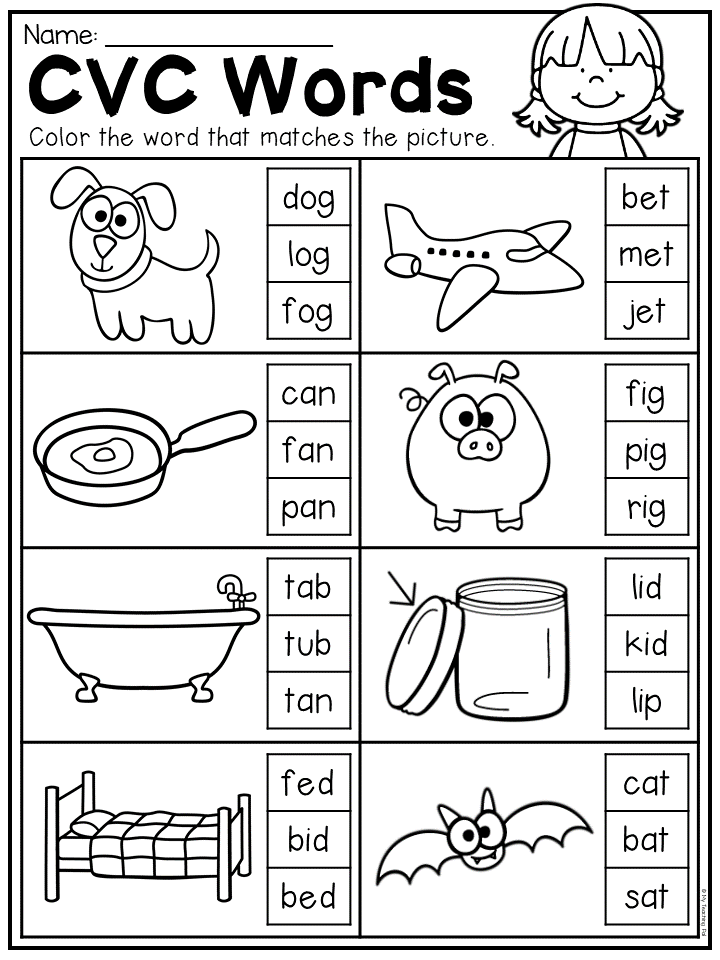 Train the child to care for the growing plant too. This way, they will learn new S words like soil, seed, sow, safe, sun, etc.
Train the child to care for the growing plant too. This way, they will learn new S words like soil, seed, sow, safe, sun, etc.
4. Shape Making
Giving the kids play dough of different colours and asking them to make an S shape is another way of teaching them about the S letter. This is an excellent activity suitable for kindergarten kids, and they can make an S with different colours and sizes.
Teaching kids different letter words is essential for expanding their knowledge and vocabulary. They need to know S letter words to use them in sentence construction and spoken English.
Also Read:
Learn Words that Start with T for Children
Words Starting with V for Kids to Improve Vocabulary
Words that Start with W for Children to Build Vocabulary
My first words: English words for children
How to raise a polyglot child? The answer is simple: start learning languages with him as early as possible. Basic English will be an excellent foundation for the future knowledge of the baby and will help develop learning skills, because the brain of children at an early age absorbs an almost endless amount of information like a sponge. The main thing is to present it correctly.
The main thing is to present it correctly.
In this article you will find not only simple first English words for children, but also recommendations for learning them. Open to your kid the fascinating world of English!
At what age do we start teaching?
Opinions of experts and parents themselves about the age at which it is worth starting to learn English with a child differ. Of course, you can start singing lullabies to your baby in English even from infancy, but your strength will be almost wasted.
Most agree that the most optimal age from which the average child begins to adequately learn English as a foreign language is 2.5-3 years. It is believed that at this age the process of formation of native speech is already ending. That is, the child must be able to clearly pronounce Russian sounds and words, as well as build sentences and have a coherent speech.
The exceptions here are when the child grows up in a multicultural environment.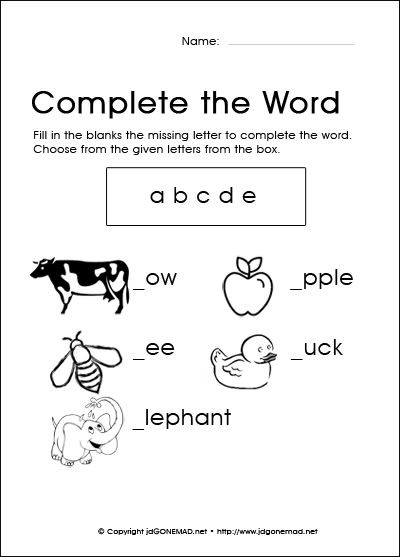 For example, if the mother is Russian and the father is English, then it is possible to communicate with the child in two languages from the very beginning. True, then your child will be funny to form sentences, and questions like: “Mom, can I have an apple” will constantly sound in the house.
For example, if the mother is Russian and the father is English, then it is possible to communicate with the child in two languages from the very beginning. True, then your child will be funny to form sentences, and questions like: “Mom, can I have an apple” will constantly sound in the house.
This approach is good when the family lives abroad, where the main language is a foreign one. As the child gets older and starts attending kindergarten, the child will understand the difference between the languages of his parents and begin to use the words in the correct context. This applies, by the way, not only to English, but also to any foreign language.
If you want your child to speak only English from the very beginning, you can create an artificial multicultural environment. For example, at home talking with the baby only in a foreign language.
Is it possible to send a child to a language nursery or kindergarten with an English focus? Then do it without any hesitation.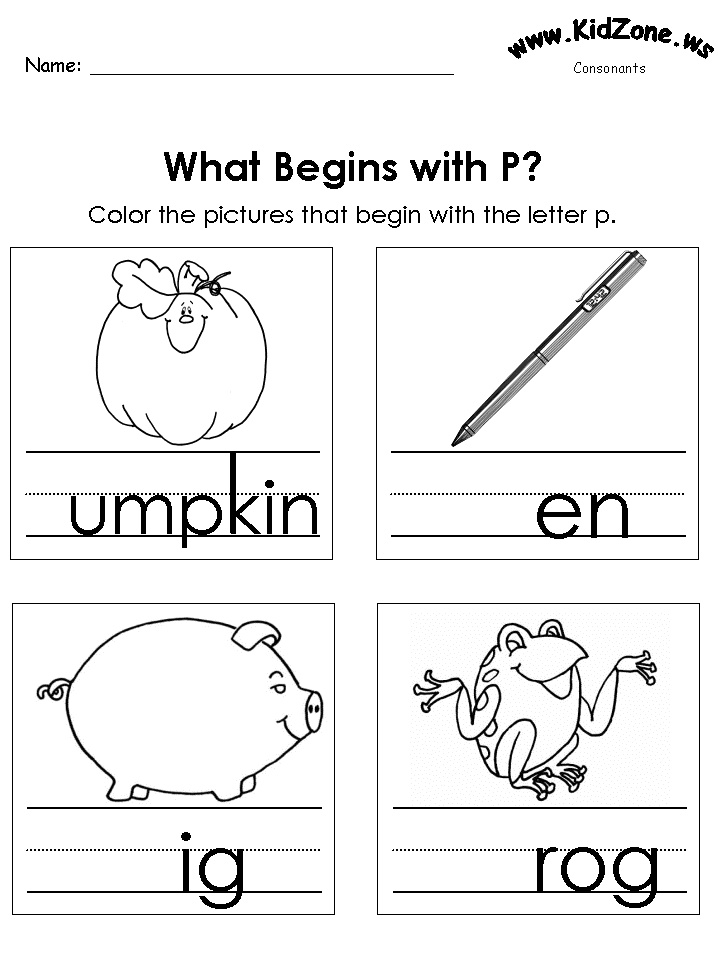 So the multicultural environment will be natural for the child: in the nursery they will communicate with him mainly in English, and at home you will be able to talk with the baby in Russian. In specialized language kindergartens, teachers will help your child learn English in a natural environment, and at home you can consolidate knowledge with him through various games and riddles.
So the multicultural environment will be natural for the child: in the nursery they will communicate with him mainly in English, and at home you will be able to talk with the baby in Russian. In specialized language kindergartens, teachers will help your child learn English in a natural environment, and at home you can consolidate knowledge with him through various games and riddles.
If it is not possible to send your child to a language kindergarten, start learning English at home using the same methods that you used to learn your native language with him.
How to learn English with a child?
At a young age, of course, we are not talking about grammar or writing English words. To begin with, the child needs to learn how to pronounce sounds correctly, remember letters and form a basic vocabulary. By the way, it will be much easier for a kid than for an adult to remember the correct pronunciation of English sounds, which are so different from Russian ones.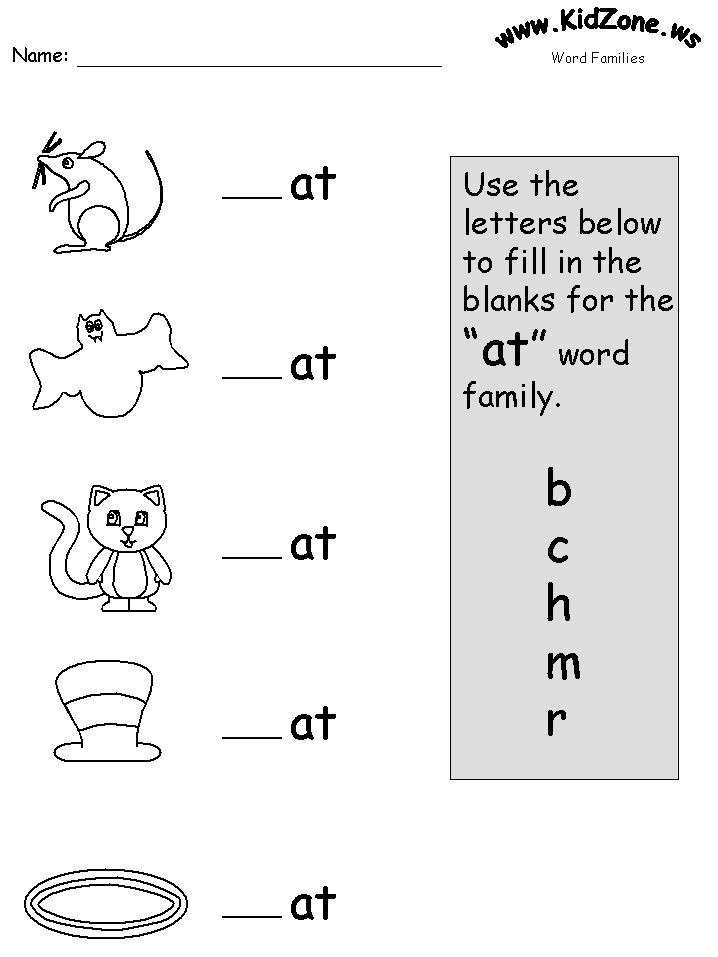 They will not have to rebuild their articulation apparatus as much as we, adults, who have been speaking their native language for many years.
They will not have to rebuild their articulation apparatus as much as we, adults, who have been speaking their native language for many years.
Here is a list of skills to develop in a preschooler first:
- listening to speech
- speaking
- reading
To make learning English not a burden for a child, add an element of play to the learning process.
Get a colorful glove doll and make it a kind of "teacher" for your child. Introduce your baby to a new toy and say that it only understands English, which means that in order to play with it, the child needs to learn an interesting new language. So this toy will become the main intermediary between you and your child in learning English.
First of all, learn the alphabet and the correct pronunciation of letters and basic sounds with your child. Make it better with the help of the popular ABC Song. This is how the English alphabet is taught all over the world, not only by foreigners, but also by native speakers themselves.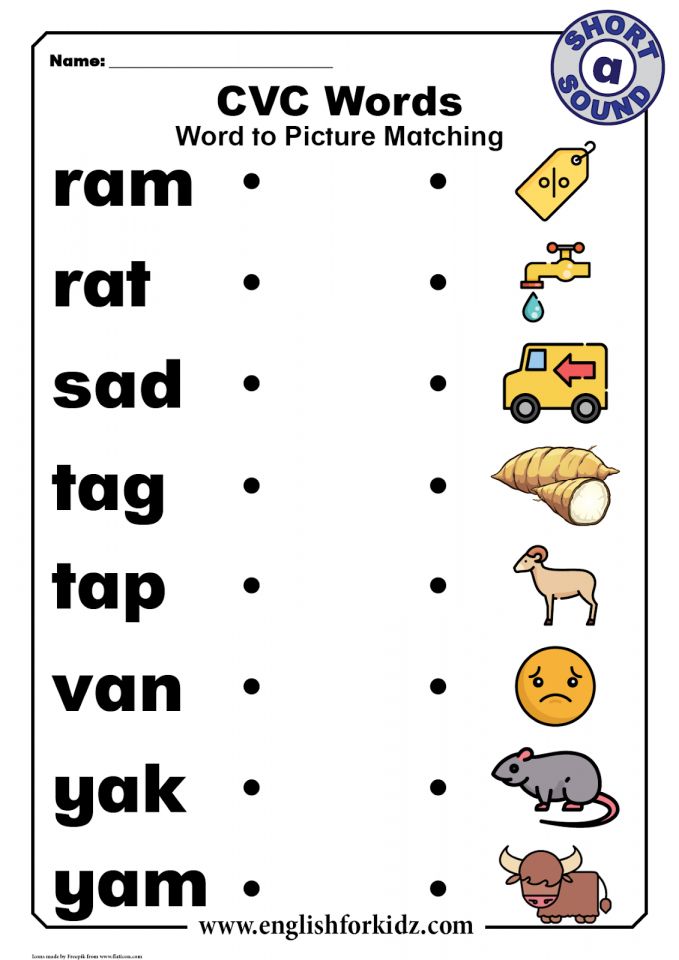
Next - form basic English for children: words and simple phrases. For example, make cards for basic words that the child already knows in their native language. These can be household items, animals, body parts, etc. It is better that the cards are bright, with the spelling of a word and a picture symbolizing a particular subject. You can stick these cards on household items so that the child constantly sees the names of objects in English and memorizes them automatically.
Incorporate English words into your regular vocabulary when communicating with your child. In the context of what is happening around the baby, it will be much easier to understand and learn the language. Playing at home or being outside, use the phrases and words you have already learned. If a child tells you: “Mom, look, a kitty!” Then answer: “Yes, it’s true, it’s a cat. How would it be in English? A cat. This is a cat.
By the way, it's better to start learning not just individual words, but whole phrases at once, as in the example above. That is, to acquaint with the very, very basic grammar. After all, if you tell your child only words, he will only know the translation, and if you start using whole sentences, then he will memorize in sentences.
That is, to acquaint with the very, very basic grammar. After all, if you tell your child only words, he will only know the translation, and if you start using whole sentences, then he will memorize in sentences.
Visualization and variety are important for learning English with a child. Children may enjoy books in English with colorful pictures that can be read together at bedtime instead of the usual Russian fairy tales. Also, do not forget about special educational cartoons in English, where bright characters tell the child about the basics of the language or teach him the alphabet.
Play fun, educational games with your little one so they don't get bored while learning English. It can be cards, pantomimes, drawings and much more.
Basic set of words with transcription and translation
The first English words for children to start learning the language with are those that surround the child every day. Below you will find a list of such words by topic.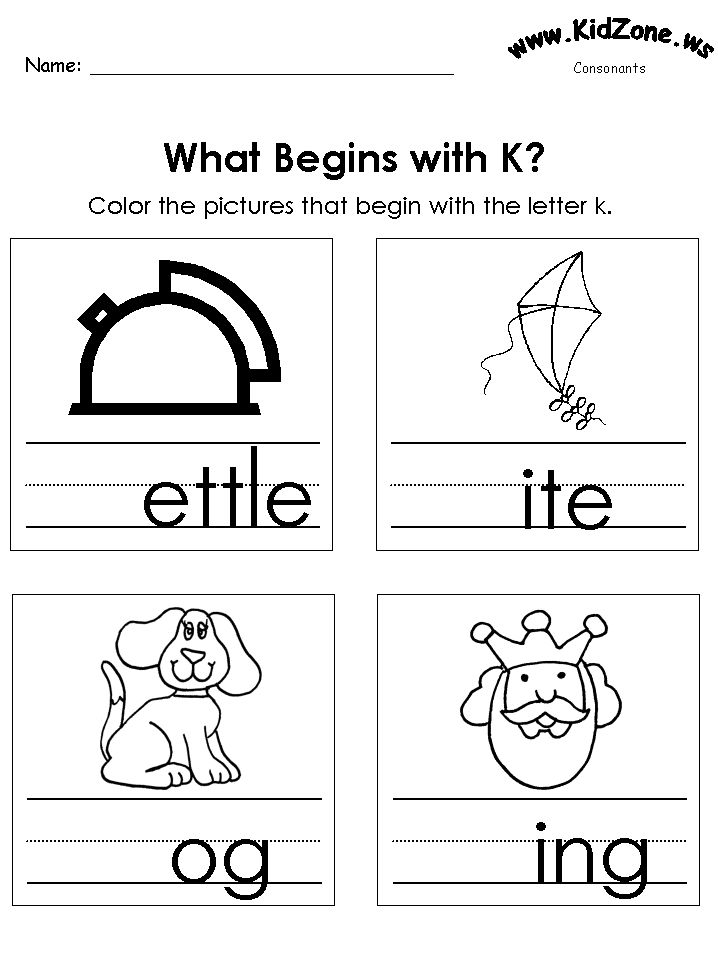
Family [ˈfæmɪli] - family
Mother [ˈmʌðə] - mother
Father [ˈfɑːðə] - father
Brother [ˈbrʌðə] - brother
Sister [ˈsɪstə] - sister
Grandmother [ˈgrænˌmʌðə] - grandmother
Grandfather [ˈgrændˌfɑːðə] - grandfather
Body [ ˈbɒdi ]
Head [head] - head
Hair [heə] - hair
Eyes [aɪz] - eyes
Nose [nəʊz] - nose
Teeth [tiːθ] - teeth
Lips [lɪps] - lips
Ears [ɪəz] - ears
Neck [nek] - neck
Shoulders [ˈʃəʊldəz] - shoulders
Leg [leg] - leg
Feet [fiːt] - feet
Pets [ pets ]
Dog [dɒg] - dog
Cat [kæt] - cat
Kitten [ˈkɪtn] - kitten
Puppy [ˈpʌpi] - puppy
Rabbit [ˈræbɪt] - rabbit
Parrot [ˈpærət] - parrot
Fish [fɪʃ] - fish
Hamster [ˈhæmstə] - hamster
Snake [sneɪk] - snake
Turtle [ˈtɜːtl] - turtle
Animals [ ˈænɪməlz ]
Goat [gəʊt] - goat
Pig [pɪg] - pig
Sheep [ʃiːp] - sheep
Horse [hɔːs] - horse
Cow [kaʊ] - cow
Goose [guːs] - goose
Chicken [ˈʧɪkɪn] - chicken
Duck [dʌk] - duck
Cockerel [ˈkɒkərəl] - cock
Fox [fɒks] - fox
Wolf [wʊlf] - wolf
Bear [beə] - bear
Hare [heə] - hare
Elephant [ˈelɪfənt] - elephant
Tiger [ˈtaɪgə] - tiger
Lion [ˈlaɪən] - lion
Crocodile [ˈkrɒkədaɪl] - crocodile
Giraffe [ʤɪˈrɑːf] - giraffe
Colors
Red [red]
Green [griːn] - green
Blue [bluː] - blue
Orange [ˈɒrɪnʤ] - orange
Yellow [ˈjeləʊ] - yellow
Pink [pɪŋk] - pink
Gray [greɪ] - gray
Black [blæk] - black
White [waɪt] - white
Purple [ˈpɜːpl] - purple
Brown [braʊn] - brown
Food
Water [ˈwɔːtə] - water
Tea [tiː] - tea
Juice [ʤuːs] - juice
Sugar [ˈʃʊgə] - sugar
Salt [sɒlt] - salt
Yogurt [ˈjɒgət] - yogurt
Bread [bred] - bread
Milk [mɪlk] - milk
Cheese [ʧiːz] - cheese
Eggs [egz] - eggs
Butter [ˈbʌtə] - oil
Meat [miːt] - meat
Cookies [ˈkʊkiz] - cookies
Chocolate [ˈʧɒkəlɪt] - chocolate
Fruits [ fruːts ]
Apple [ˈæpl] - apple
Pear [peər] - pear
Orange [ˈɒrɪnʤ] - orange
Banana [bəˈnɑːnə] - banana
Lemon [ˈlemən] - lemon
Pineapple [ˈpaɪnˌæpl] - pineapple
Grapes [greɪps] - grapes
Kiwi [ˈkiːwi:] - kiwi
Tangerine [tæn(d)ʒəˈriːn] — Mandarin
Melon [ˈmelən] - melon
Watermelon [ˈwɔːtəˌmelən] - watermelon
Peach [piːʧ] - peach
Vegetables
Carrot [ˈkærət] - carrot
Onion [ˈʌnjən] - bow
Garlic [ˈgɑːlɪk] - garlic
Tomato [təˈmɑːtəʊ] - tomato
Cabbage [ˈkæbɪʤ] - cabbage
Pepper [ˈpepər] - pepper
Potato [pəˈteɪtəʊ] - potato
Cucumber [ˈkjuːkʌmbə] - cucumber
House [haʊs]
Bedroom [ˈbedruːm] - bedroom
Living room [ˈlɪvɪŋ ruːm] - living room
Kitchen [ˈkɪʧɪn] - kitchen
Bathroom [ˈbɑːθruːm] - bathroom
Fridge [frɪʤ] - refrigerator
Cooker [ˈkʊkə] - plate
Table [ˈteɪbl] - table
Chair [ʧeə] - chair
Sofa [ˈsəʊfə] - sofa
Bed [bed] - bed
Window [ˈwɪndəʊ] - window
Mirror [ˈmɪrə] - mirror
Towel [ˈtaʊəl] - towel
Toothbrush [ˈtuːθbrʌʃ] - toothbrush
Toothpaste [ˈtuːθpeɪst] - toothpaste
Wardrobe [ˈwɔːdrəʊb] - wardrobe
Cup [kʌp] - mug
Plate [pleɪt] - plate
Bowl [bəʊl] - bowl
Fork [fɔːk] - fork
Spoon [spuːn] - spoon
Knife [naɪf] - knife
Clock [klɒk] - hours
Clothes [ kləʊðz ]
Dress [dres] - dress
Skirt [skɜːt] - skirt
Shirt [ʃɜːt] - shirt
T-shirt [ˈtiːʃɜːt] - T-shirt
Jeans [ʤiːnz] - jeans
Trousers [ˈtraʊzəz] - pants
Shorts [ʃɔːts] - shorts
Jumper [ˈʤʌmpə] - sweater
Suit [suːt] - suit
Coat [kəʊt] - coat
Hat [hæt] - hat
Socks [sɒks] - socks
Months [ mʌnθs ] - months
January [ˈʤænjʊəri] - January
February [ˈfebrʊəri] - February
March [mɑːʧ] - March
April [ˈeɪprəl] - April
May [meɪ] - May
June [ʤuːn] - June
July [ʤu(ː)ˈlaɪ] - July
August [ˈɔːgəst] - August
September [sepˈtɛmbər] - September
October [ɒkˈtəʊbə] - October
November [nəʊˈvembə] - November
December [dɪˈsembə] - December
Weather [ ˈweðə ]
Sun [sʌn] - sun
Rain [reɪn] - rain
Cloud [klaʊd] - cloud
Wind [wɪnd] - wind
Snow [snəʊ] - snow
Fog [fɒg] - fog
Cold [kəʊld] - cold
Hot [hɒt] - hot
Winter [ˈwɪntə] - winter
Spring [sprɪŋ] - spring
Summer [ˈsʌmər] - summer
Autumn [ˈɔːtəm] - autumn
This list of first English words for children is far from complete.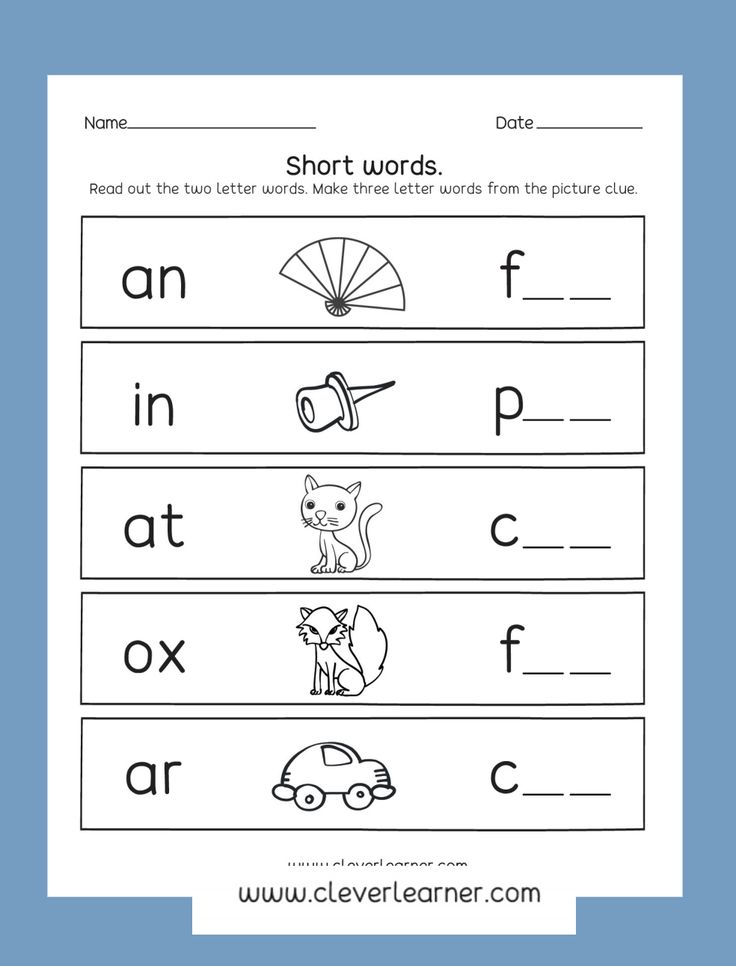 Include in it those words that the child encounters daily.
Include in it those words that the child encounters daily.
And most importantly, do not forget: in order to teach your child English from an early age, you need to be confident in your knowledge. You can check your level of English before you start learning the language with your child here.
Conversation with children on the topic: "Where does the Motherland begin!" | Plan-summary of the lesson (senior group):
Conversation on the topic: “How the Motherland begins”
Tasks: To instill a sense of love and respect for the Motherland, native land, native nature. To form an emotional perception of the image of nature by means of fiction, music, fine arts using natural material. To create conditions for reflecting in their works the idea of their place of residence as one of the "corners" of their homeland.
Develop creative imagination and ability to compose. Cultivate patriotic feelings, interest in the knowledge of their homeland.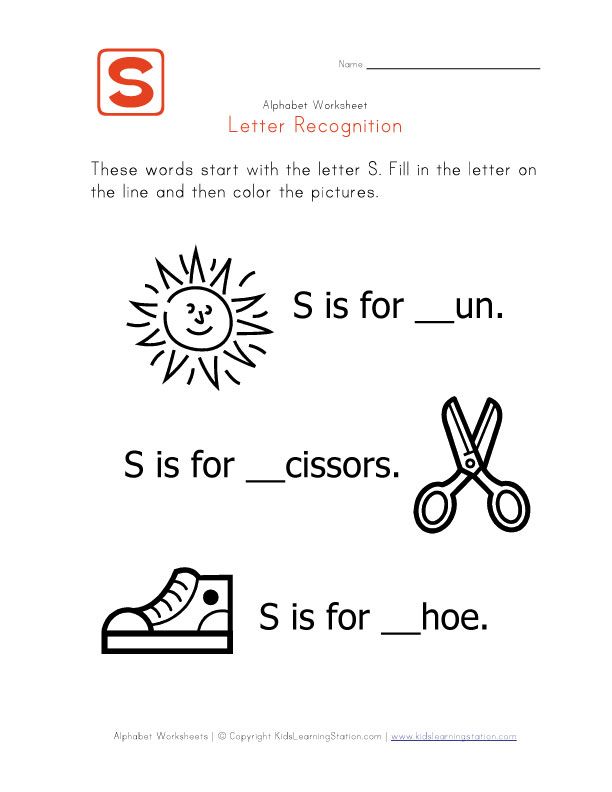
The course of the conversation:
Educator: Children are the flag of our country. Today we will talk with you about our Motherland, about the country in which we live with you.
Our city is just a small piece of a huge country called Russia. You have already heard this name, let's now say together: "Russia", in order to better relate to the name of our country in which we live. Many poems and songs have been composed about our country, about Russia. Guys, our country is so big that if we want to travel from one region to another, then we will have to fly all day on the fastest plane. Our country is so big that when it is night in one part of the country and all the people are sleeping, on the other side of the country, in other cities and villages, the guys are playing. In one part of our country it is cold, and in the other it is very hot at this time. This is such an amazing country.
We are glad that we have such a good, big, beautiful country - our Motherland.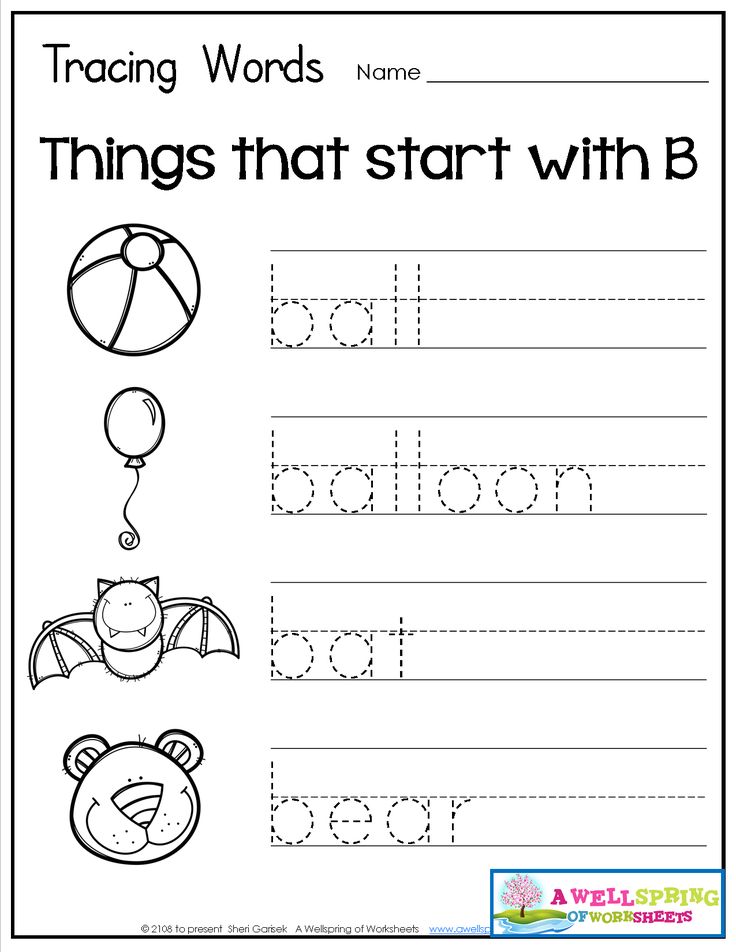 Guys, how do you understand the word Motherland (what does the word Motherland mean to you)?
Guys, how do you understand the word Motherland (what does the word Motherland mean to you)?
Children's answers: Our village, river, sky, meadow, kindergarten, field, house, street, etc.
Yes, guys, because the life of every person is closely connected with his native land. Homeland for us is our native land. Here he was born, here are his parents, here is his native land. And, if he has to part with his native land for a long time, he takes a pinch of his native land with him so as not to feel cut off from his homeland.
I really like Z. Aleksandrova's words.
The educator reads the poem "Motherland"
If they say the word Motherland,
Immediately comes to mind
Old house, currants in the garden
Warm poplar at the gate
for us begins from our native street, from our native city,
where your house is, from the kindergarten that you attend and a beautiful park where we rest and come to bow and lay flowers at the monument to the fallen soldiers.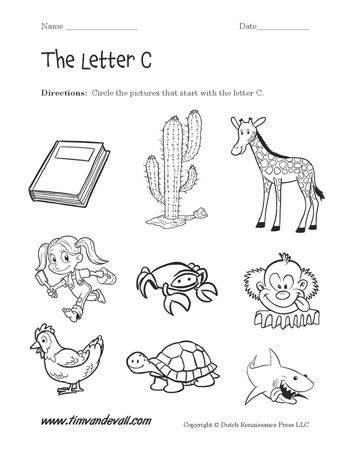 Well, one cannot but say about the white-trunked birch trees that adorn our park.
Well, one cannot but say about the white-trunked birch trees that adorn our park. Now young, ebullient,
Now sad, weeping.
Yes, guys, and the birch and the mountain ash near our garden are all our homeland.
Let's tell proverbs about the Motherland and about the native land:
Everyone loves the native side.
Native land and in sorrow is sweet
For your Motherland do not spare either strength or life.
There is no land more beautiful than our Motherland
A man without a homeland is a nightingale without a song.
Motherland - die, don't go
Motherland - mother, know how to stand up for her.
Man has one Mother and Motherland
Peace builds, but war destroys.
Who is behind the Motherland by the mountain - a true hero
Auto-training - Close your eyes and imagine that we are again with you in the park among white-trunked birches, we listen to the rustle of leaves, this is also a part of our Motherland.

